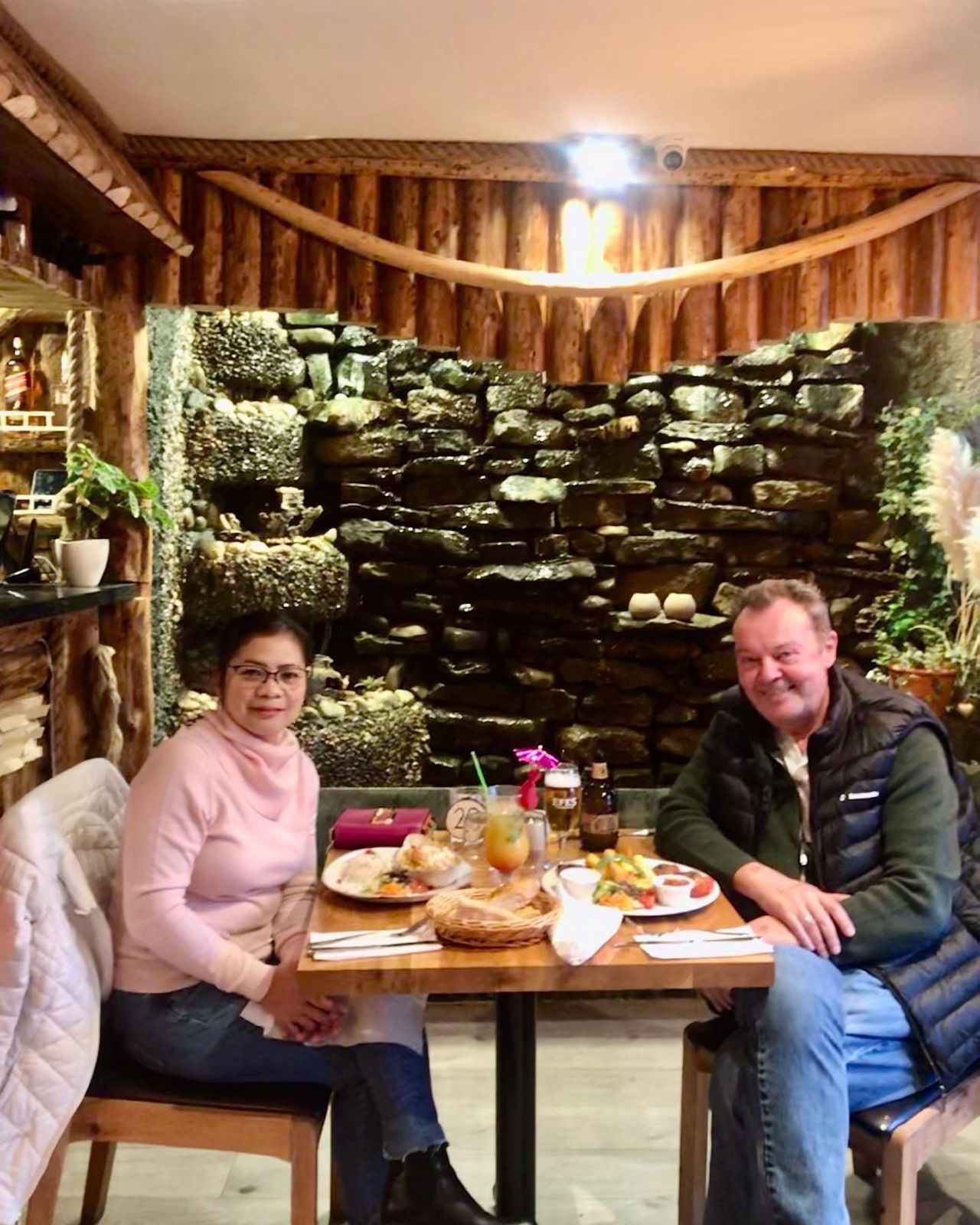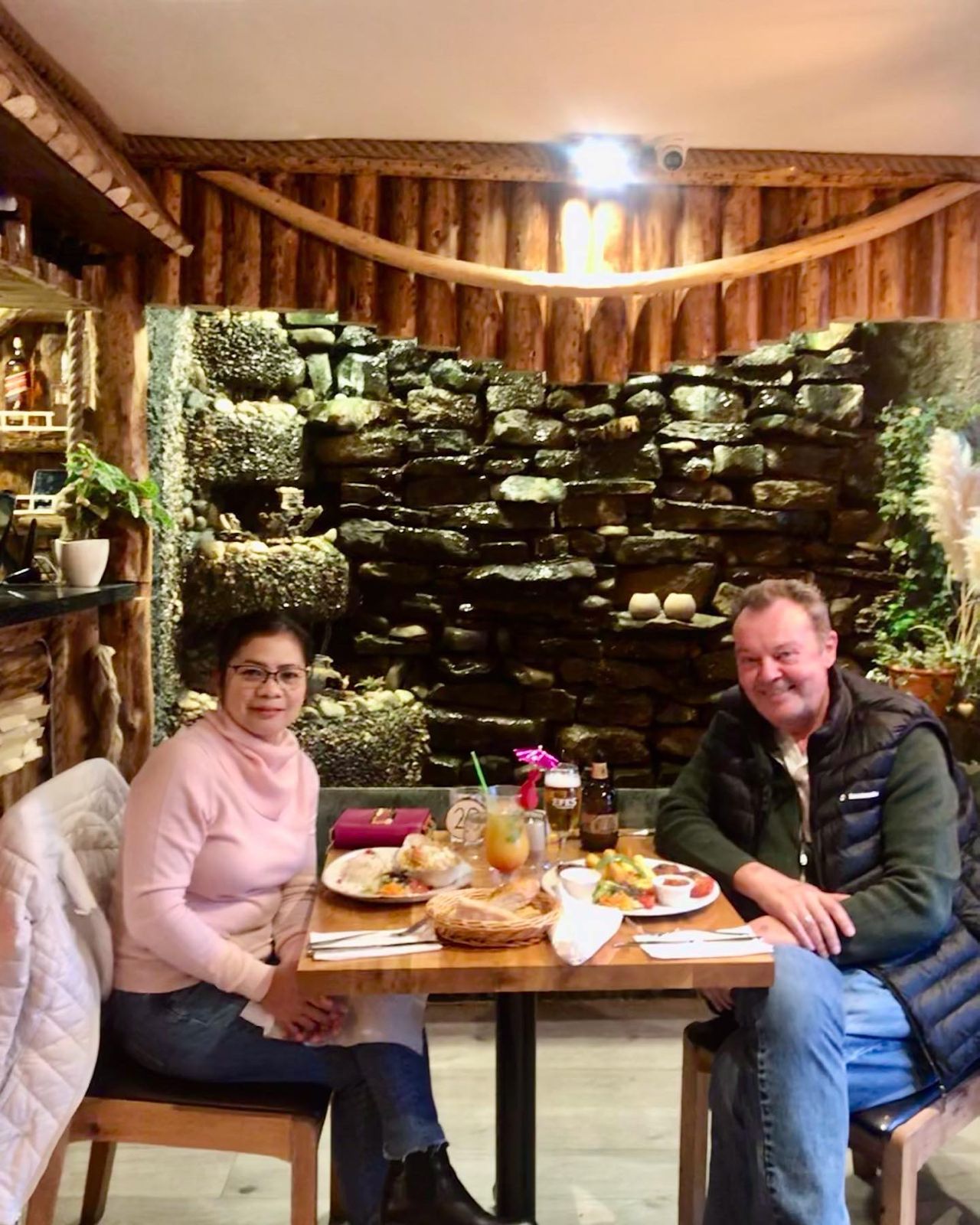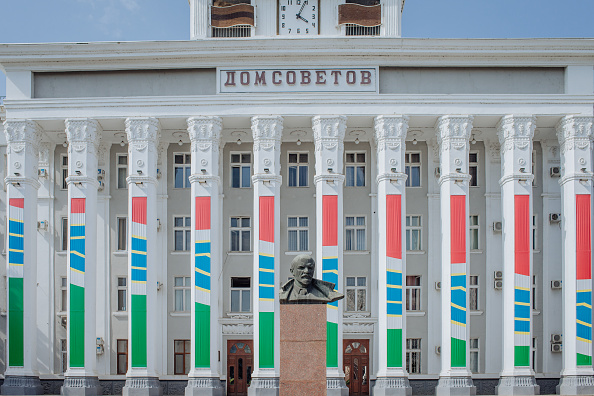Spanish farmers have blocked traffic on several major motorways and burned tyres, joining colleagues in other European countries protesting against high costs, bureaucracy and competition from non-European Union nations.
“With different shades, in the whole of the EU, we have the same problems,” Donaciano Dujo, vice president of ASAJA, one the largest farmers associations in Spain, told national broadcaster TVE on February 7.
ASAJA and other associations had called for protests from February 8, but many farmers took to the roads with their tractors on January 6, snarling traffic throughout the country from Seville and Granada in the South up to Girona near the French border, traffic authorities said.
Over the past few weeks, farmers in European countries including Germany, France and Belgium have held protests that sometimes turned violent.
Spain’s Agriculture Ministry announced on February 6 it would distribute an extra €269 million in aid to almost 140,000 farmers to help alleviate the impact of the long-running drought and the war in Ukraine.
At least 14 motorways in the regions of Catalonia, Andalusia, Castille-La Mancha and Valencia were blockaded, official traffic data showed.
Manuel Zamudio, a 46-year-old farmer in the Southern city of Ronda, blamed large retailers, accusing them of “manipulating the market”.
“Politicians only care about the big chains. We farmers have been sold out,” he added.
In Girona, hundreds of tractors carrying placards with slogans such as “without farmers there’s no food” blocked a motorway while protesters jeered as they set brushwood and tyres on fire.
Farmers say demanding rules imposed on them by the EU to protect the environment make them less competitive than peers in other regions, such as Latin America or non-EU Europe.
“We spend more time dealing with paperwork than in the field,” farmer Eva Garcia told Reuters in the Northern city of Vitoria, adding that the EU’s Common Agricultural Policy was “choking us”.




